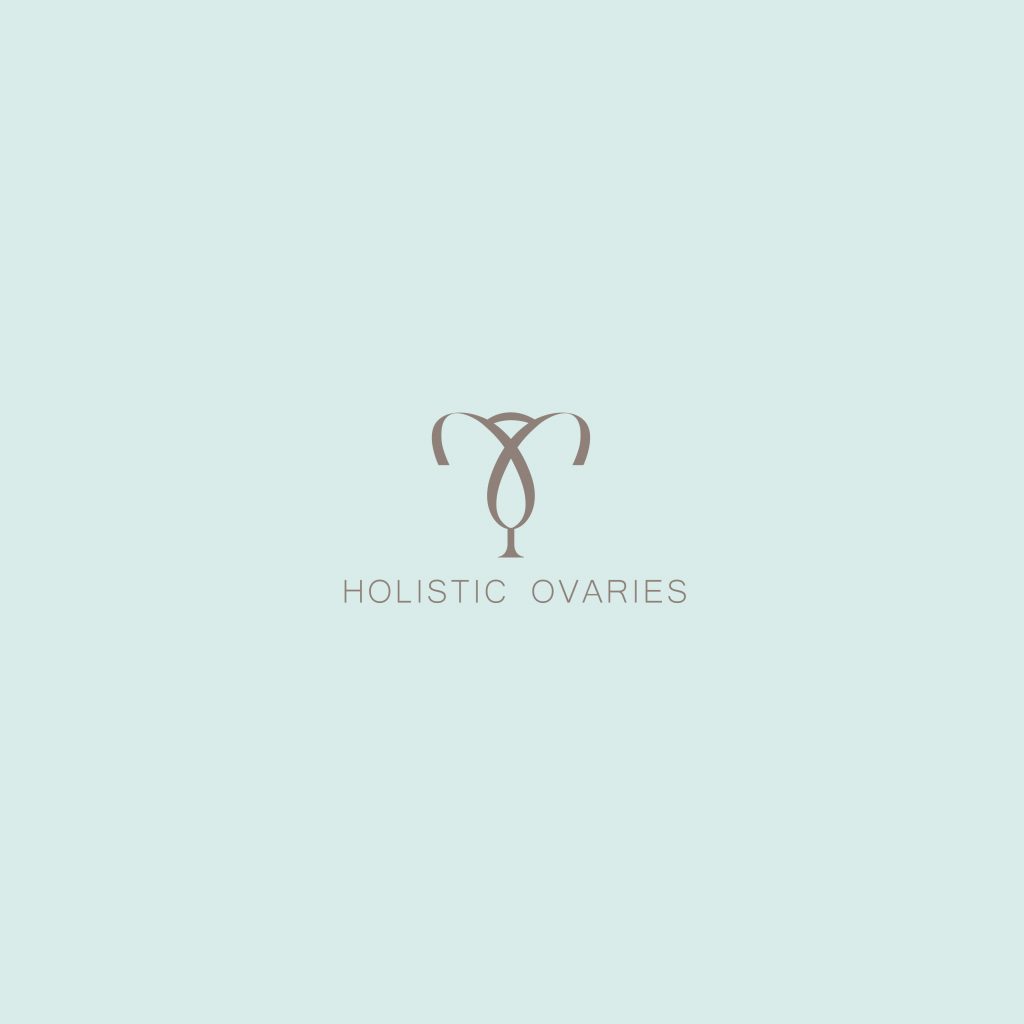Does PCOS go away with age?

Does PCOS go away with age?
Polycystic Ovary Syndrome is often described as a reproductive disorder that affects women in reproductive age. But PCOS affects different systems in our bodies, not only our reproductive hormones.
PCOS is a lifelong disorder that affects our health and quality of life across the lifetime. It means that you will have PCOS for the rest of your life. Even after menopause. The intensity of the symptoms and symptoms itself might change at different ages.
You might already notice the differences. Maybe your PCOS symptoms were different when you were a teenage girl, when you were in your childbearing years or when you are closer to perimenopausal age (in your 40s or 50s).
So PCOS doesn’t go away with age. But is it going to get worse or will it improve with age?
REPRODUCTIVE SYSTEM IN PCOS AND AGE:
Ovulatory function appears to improve with age in women with PCOS.
PCOS women in their early 30s start to see more regular periods and ovulations. This suggests that women with PCOS have higher chances to get pregnant as they get older.
Follicle counts in both women with PCOS and without PCOS decrease with age in a linear fashion. But the follicle number is higher at all ages in women with PCOS compared with control women during the reproductive years.
The research also suggests that ovarian aging in women with PCOS is delayed compared with women without PCOS.
Research also shows that women with PCOS reach menopause later than non-PCOS women (on average 4 years later). Older women with PCOS also reported less hot flashes and sweating when reaching menopause.
METABOLIC AND CARDIOVASCULAR SYSTEM IN PCOS AND AGE:
Women with PCOS are at higher risk of developing metabolic syndrome, cardiovascular disease and type 2 diabetes. Maybe because women with PCOS have more components of the metabolic syndrome starting at an early age and have a longer exposure to cardiovascular risk factors.
Because of this insulin, inflammatory and metabolic markers may persist and may worsen after menopause.
Waist circumference, cholesterol, and triglyceride levels may increase in women with PCOS as they reach 40 to 50 years. But not all women with PCOS will increase their BMI.
Research shows that aging increased insulin resistance, cardiovascular and metabolic risk factors in obese women with PCOS, not in lean or slightly overweighted women.
Lean women improved their insulin levels with age and did not develop type 2 diabetes. It is possible that in PCOS women who did not become obese the cardiovascular risk normalizes with age.
PCOS PHYSICAL SYMPTOMS AND AGE:
Women with PCOS have higher total testosterone levels, higher DHEAS levels and higher free androgen index than non PCOS women. Hormones that are responsible for menstrual irregularities, acne, hirsutism and alopecia.
Fortunately those hormones decrease with age. Acne and menstrual irregularity show improvement in many women with PCOS as they get older.
Unfortunately hirsutism – unwonted hair, hair loss and balding – may worsen with age showing that constant long-term exposure to high androgen levels have lasting effects that continue past menopause.
PCOS PSYCHOLOGICAL SYMPTOMS AND AGE:
Women with PCOS are at risk for higher depression and anxiety scores across the lifespan. Psychological distress is more prevalent in reproductive age and premenopausal women with PCOS.
Studies show that anxiety and depression symptoms, their coexistence, and rate of depression were increased at ages 31 and 46 in women with PCOS.
Overall anxiety score was higher at age 46 in women with PCOS compared to non-PCOS women, suggesting that the stress-related symptoms (like hirsutism) seem to persist up until premenopausal age in PCOS patients.
Depression scores decline over time in women with PCOS. The research suggests that depression risk progressively decreases when we get older particularly after age 45.
WILL PCOS GET BETTER OR WILL IT GET WORSE WITH AGE?
PCOS doesn’t disappear when we get older. That’s why it is so important to take care of our health as soon as possible.
How your PCOS will unfold with age will depend on how you will take care of your health.
I am aware that there are PCOS factors that might be out of our control. But really what we can`t control… we can`t control.
Instead we should focus on factors that are in our hands. We must take actions to prevent cardiovascular and metabolic disorders that may come with aging.
We need to take care of our physical health and we need to take care of our psychological health.
The habits you will build now will show their outcome in the future. I know that change is difficult especially if you approach it from an all or nothing perspective or if you try to change everything at one time.
From my experience it doesn’t work. Or it may work for a while and then we get back to old behaviours. Small steps and achievable goals is a better strategy and if it comes with setting your standards and challenging your beliefs and your identity the results are long lasting.
MANAGING PCOS SYMPTOMS:
That’s why the concept of managing PCOS is so important. Because by managing your PCOS you have a lot of freedom and flexibility on how you approach your symptoms that may change overtime.
You cannot choose one treatment plan for the rest of your life, because during your life the PCOS symptoms will change, the secretion of hormones will change, your life`s stressor will change, your lifestyle will change, your environment will change, your behaviour will change, your relationships will change.
Therefore, your treatment plan will need to change in relation to your symptoms and your life circumstances.
But what should stay untouched is your values, your beliefs and your mindset. Mindset focused on managing your PCOS symptoms from place of acceptance, compassion, patience and persistence.

How your PCOS will change over your life is very individual.
It is important that you adapt your treatment plan to your goals, your life circumstances, your needs and your preferences.
Please subscribe to email list below, because next month I will have something special for you 😊
Yours Agnese

Stay Updated
SUBSCRIBE TO THE NEWSLETTER
References:
Karjula, S., Morin-Papunen, L., Auvinen, J., Ruokonen, A., Puukka, K., Franks, S., Järvelin, M.-R., Tapanainen, J. S., Jokelainen, J., Miettunen, J., & Piltonen, T. T. (2017). Psychological distress is more prevalent in fertile age and premenopausal women with PCOS symptoms: 15-year follow-up. The Journal of Clinical Endocrinology & Metabolism, 102(6), 1861–1869. https://doi.org/10.1210/jc.2016-3863
Mahajan, N., & Sharma, S. (2021). Polycystic ovarian syndrome and menopause in forty plus women. Journal of Mid-Life Health, 12(1), 3. https://doi.org/10.4103/jmh.jmh_8_21

© 2022 All Rights Reserved. Made by DB.YOU Creative Agency


